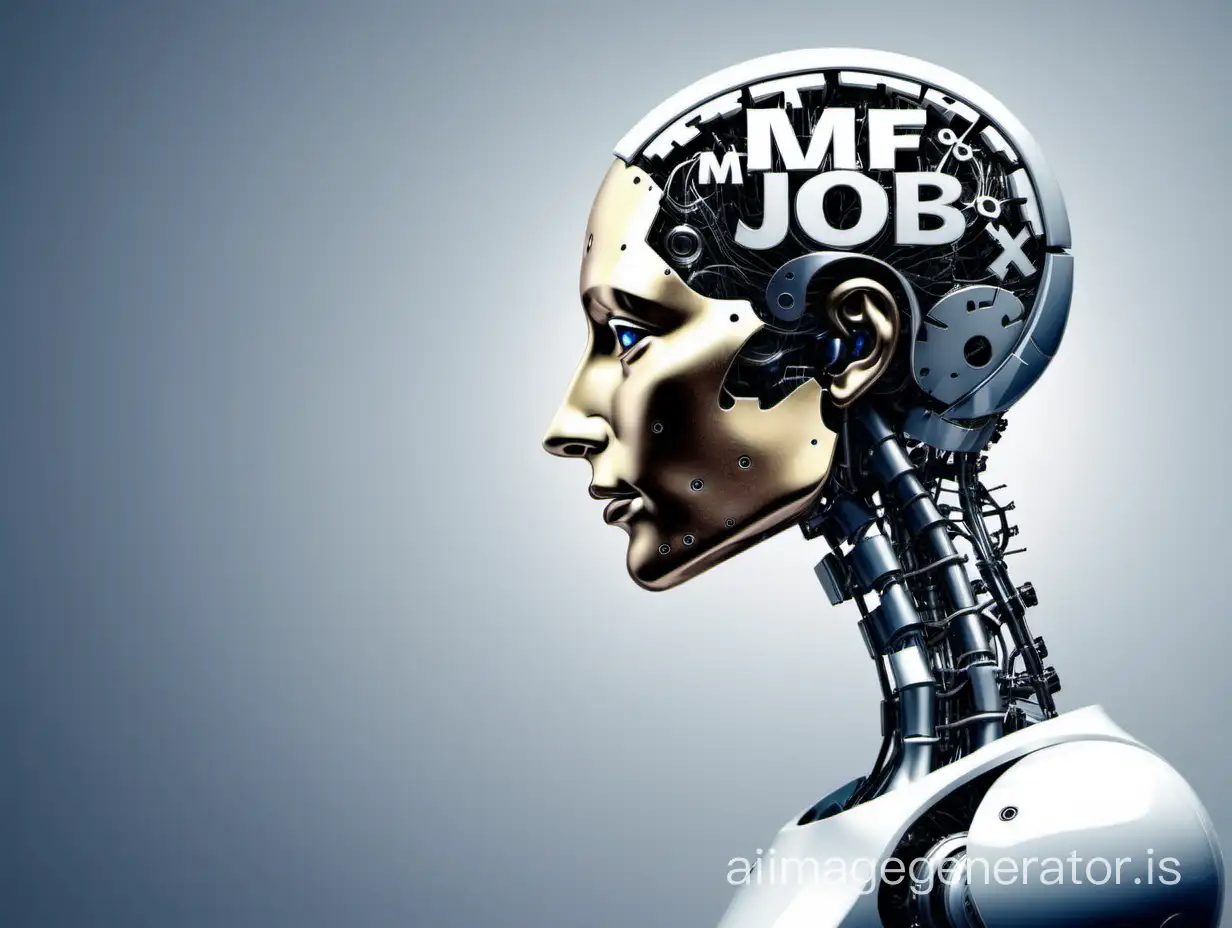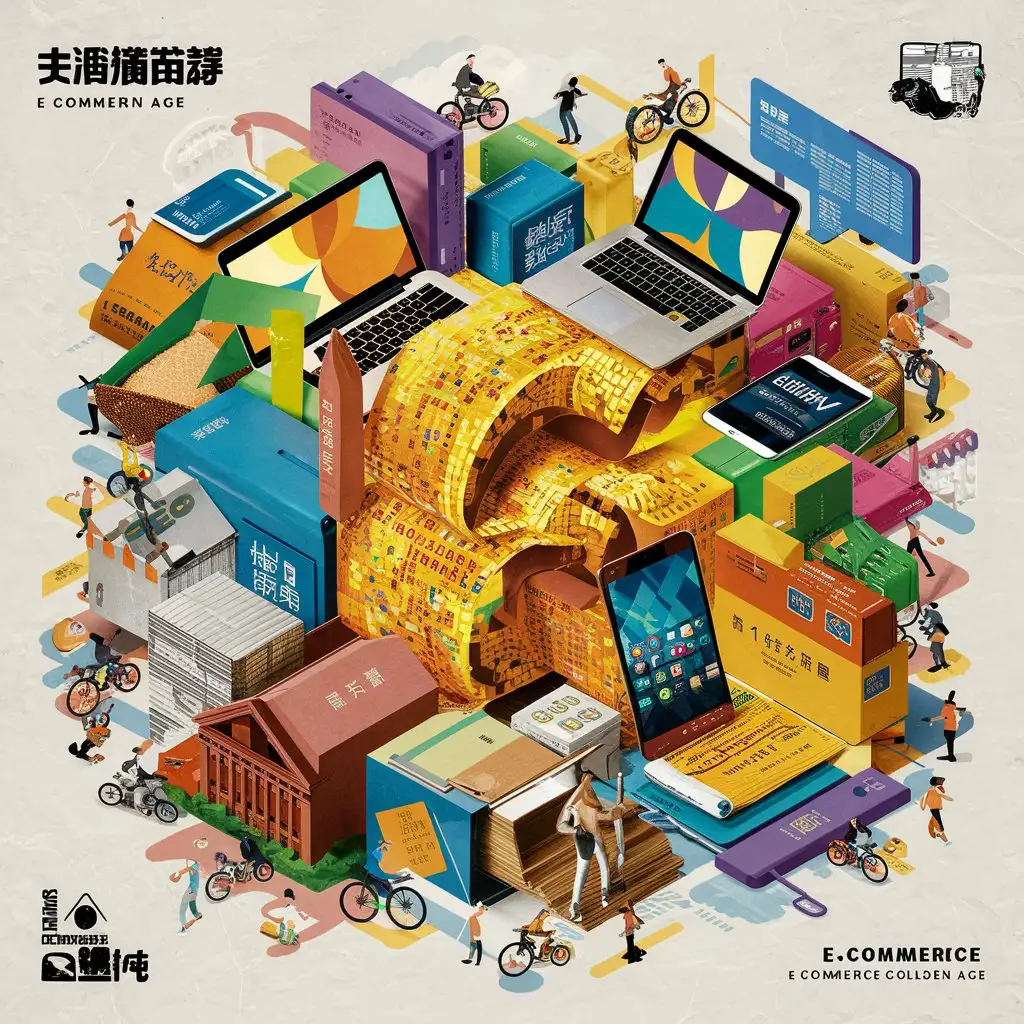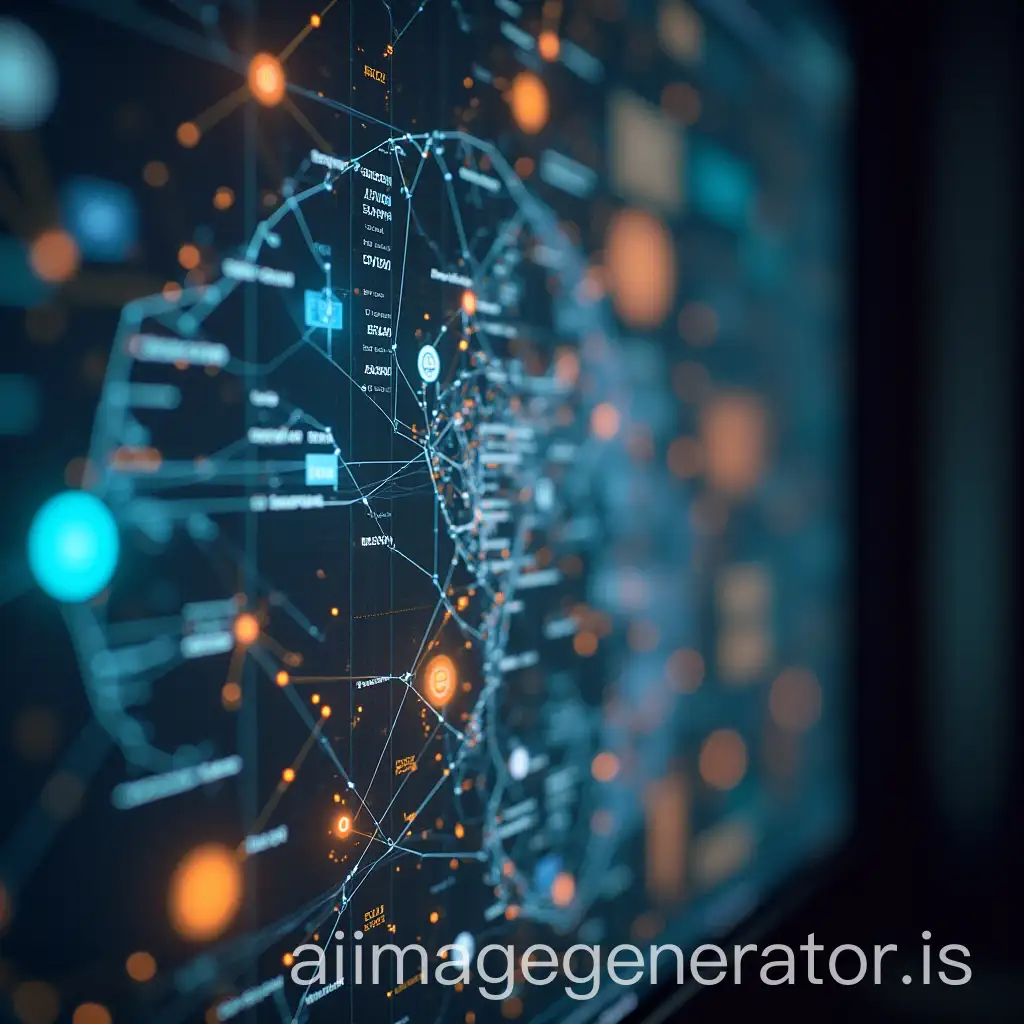Free Digital Economy Image Generator
Just imagine, and we'll instantly return a variety of personalized Digital Economy images—designed to bring your creativity to life!
- 4:3
- 3:4
- 1:1

image.state.default










Related Tags
The digital economy refers to an economy that is based on digital computing technologies. It encompasses a wide array of sectors including e-commerce, online banking, and digital media. The concept began gaining traction in the late 20th century with the rise of the internet, fundamentally transforming how businesses operate and consumers interact. Today, the digital economy is integral to global economic activity, driving innovation and connectivity across the world.
Understanding the Digital Economy: Definition and Background
The digital economy is characterized by the extensive use of digital technologies, data-driven decision-making, and the globalization of business activities. Key applications include online marketplaces, digital payment systems, cloud computing, and the Internet of Things (IoT). These technologies enhance efficiency, reduce costs, and create new opportunities for businesses and consumers alike. For instance, e-commerce platforms like Amazon and Alibaba have revolutionized retail by providing convenient and accessible shopping experiences.
Key Characteristics and Applications of the Digital Economy
The digital economy has significantly impacted modern culture, influencing how we work, communicate, and entertain ourselves. Remote work and telecommuting have become mainstream, enabled by digital tools and platforms. Social media and digital content consumption have reshaped our communication habits and information sources. Additionally, the rise of digital entertainment, including streaming services and online gaming, reflects the deep integration of digital technologies into our daily lives.
Impact of the Digital Economy on Modern Culture
Looking ahead, the digital economy is poised for continued growth and transformation. Emerging technologies such as artificial intelligence (AI), blockchain, and 5G are set to drive further innovation. AI can enhance decision-making processes, blockchain can provide secure and transparent transactions, and 5G can enable faster and more reliable connectivity. These advancements will likely lead to new business models, improved customer experiences, and increased economic efficiency. As digital technologies evolve, they will continue to reshape the global economic landscape.
Future Development Trends in the Digital Economy